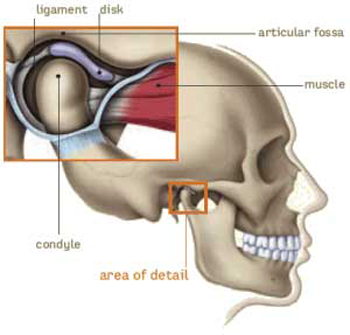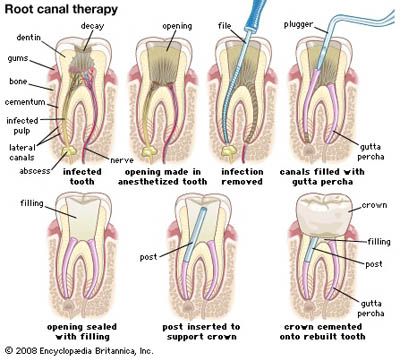Why Do I have Jaw Tightness and Speech Issues?
My lips, teeth, mouth, and jaw feel most comfortable when I wear a night guard. I wonder if I may need braces. I do not like my smile because my upper teeth barely show when I smile. My jaw is tight, so some words are more difficult to pronounce. Other than braces, what might be my treatment options? What should I ask for when I find a dentist? – Thank you. Doug from Salem, OR
Doug,
Thank you for your questions. We are glad that you contacted Dr. Michalski’s office. Although he would need to examine your teeth and take x-rays, it sounds like you may have a collapsed bite, TMJ disorder, or both.
What Is Causing Your Jaw Tightness and Speech Issues?

You may have TMJ disorder when you experience jaw tightness and speech complications. A collapsed bite can cause some of your symptoms. You may require a combination of dental procedures to resolve the symptoms. We recommend scheduling an appointment with a dentist experienced in full-mouth reconstruction. After a comprehensive exam, your dentist will determine whether your discomfort is only TMJ-related or if other factors are involved.
Resolving your dental problems requires complex restorative dentistry, but a dentist with advanced training can do it. The dentist’s adjustments to your bite should relieve your pain, improve your smile, and resolve your concerns with your speech. Opening your bite may require provisional restorations until a dentist achieves success in restoring your dental health. Afterward, the dentist will use a ceramist to make your final restorations. Your treatment options may include:
- Orthodontics
- Dental crowns
- Dental implants if you have missing teeth
We emphasize the importance of finding two dentists with advanced training in consultation, checking their reviews, and ensuring they do not have disciplinary actions from the state dental board. You will require complex, intricate dental work that requires great skill. Schedule a consultation with each dentist to discuss your concerns and treatment options.
Rocky Hill, Connecticut cosmetic dentist Dr. Thaddeus Michalski, sponsors this post.
Should I Get a Root Canal or an Extraction?
I need a root canal or extraction and implant for my lower right first molar. The tooth behind it is missing, too. I can only afford to replace one tooth at a time, so I am replacing the one that shows the most when I smile. My dentist gave me the option of a root canal or an implant. I am a little concerned about the root canal, and if something goes wrong, I will need an implant anyway. Which option makes sense? Peter from Orange, NJ
Peter,
Thank you for your question.
Dr. Michalski would need to examine your tooth and x-ray to explain precise treatment options, but we will explain some basic principles for saving or replacing missing teeth.
Root Canal or Extraction?

Although a dental implant is a safe, predictable way to replace a tooth, no form of tooth replacement is better than a natural tooth.
Is a Root Canal Painful?
Root canal therapy is not painful when you select an experienced dentist for treatment. A gentle dentist will take these steps to ensure you are comfortable:
- Explain options for sedation before your procedure date if you have dental anxiety
- Apply a local anesthetic to prevent you from feeling the numbing injection
- Numb the root canal tooth
- Remove the infected tooth pulp, sanitize the tooth, and fill it with a dental material
- Explain how to minimize your discomfort with medication at home
Schedule a Second Opinion
We recommend scheduling a second opinion with an experienced dentist to discuss your options. Eventually, you will need an exam and x-rays to assess your oral health and get an accurate diagnosis and treatment options.
Rocky Hill, Connecticut dentist Dr. Thaddeus Michalski, sponsors this post.


